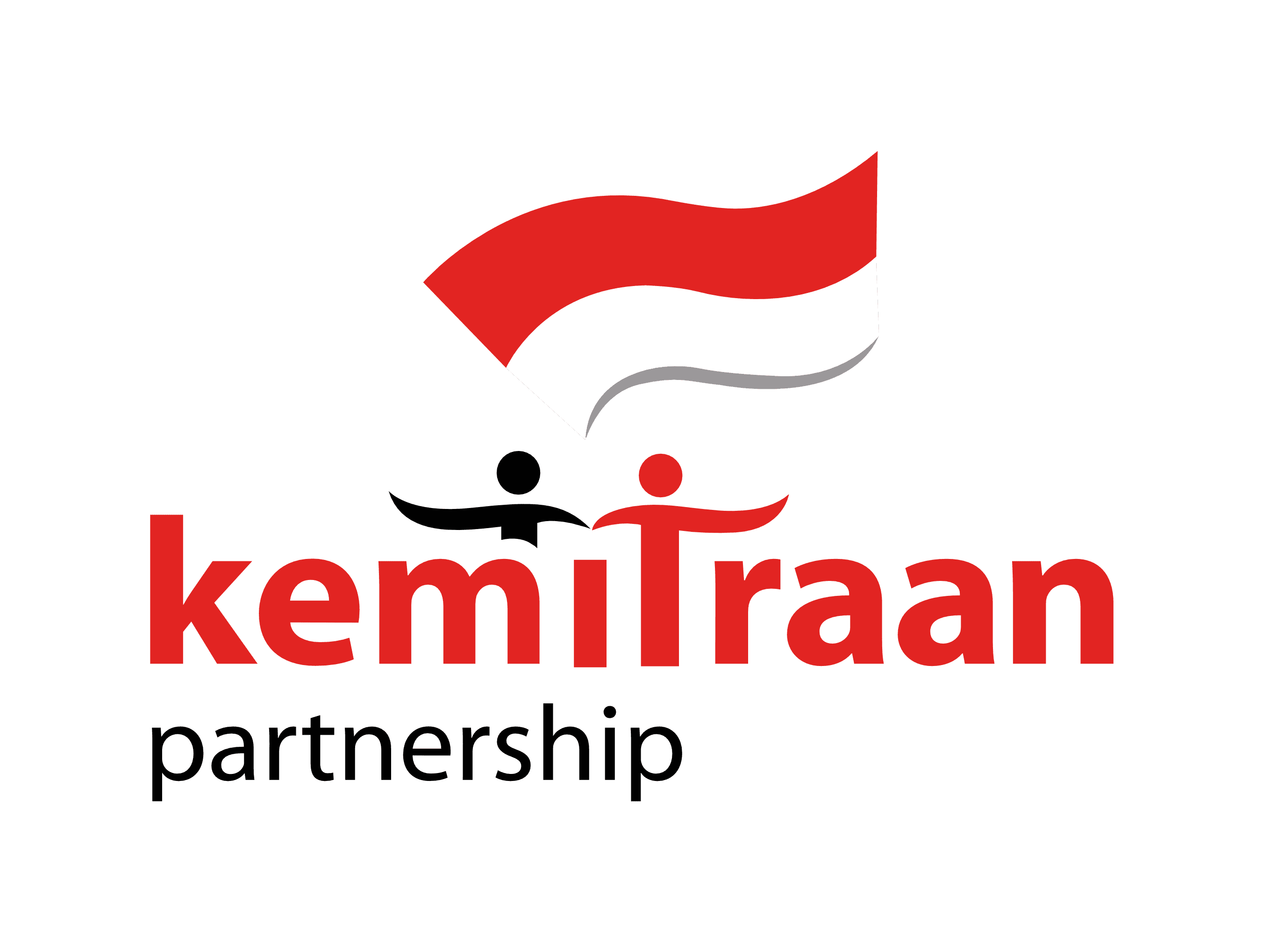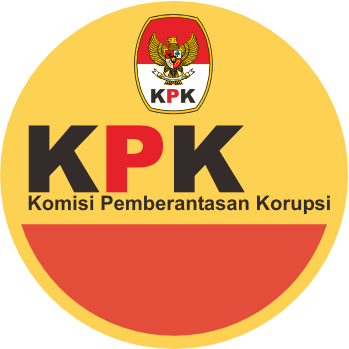
Jakarta, January 14, 2024. Prof. Dr. Bambang Hero Saharjo, M.Agr. is again facing a lawsuit from PT Jatim Jaya Perkasa (PT JJP) against the “Expert Statement” submitted by Prof. Dr. Bambang Hero Saharjo, M.Agr. in:
Environmental Criminal Case in Rokan Hilir District Court as Decision Number: 393/Pid.Sus-LH/2016/PN Rhl Jo. Decision Number: 111 PK/PID.SUS.LH/2018 which states that PT JJP has been proven legally and convincingly guilty of committing a criminal offense because its negligence has resulted in the exceeding of ambient air quality standards, water quality standards, sea water quality standards or standard criteria for environmental damage; and
Environmental Civil Case through the lawsuit of the Ministry of Environment and Forestry (KLHK) RI against PT JJP as Decision Number: 108/Pdt.G/2015/PN.Jkt.Utr Jo. Decision Number: 727/PDT/2016/PT.DKI Jo. Decision Number: 1095 K/Pdt/2018 Jo. Decision Number: 728 PK/Pdt/2020 which states that PT JJP committed an unlawful act and must pay material compensation to the State in the amount of Rp.119,888,500,000.00 and carry out environmental recovery actions on burned land covering an area of 1,000 (one thousand) hectares at a cost of Rp. 371,137,000,000.00.
Based on the Cibinong District Court Case Tracking Information System (SIPP), PT JJP registered the lawsuit on January 2, 2024.
For this reason, the Coalition considers:
First, the lawsuit against Prof. Bambang Hero is inappropriate, because the act that is the object of the lawsuit, namely “expert testimony in court” is evidence that is recognized and protected by law. Every expert has the right to provide testimony according to their expertise freely in court. Moreover, the judge is not bound by the testimony. We see this lawsuit as an attack on the independence of the judiciary because it is unable to provide protection for every expert who testifies in court.
Second, the Cibinong District Court does not have the competence to assess expert testimony in the trial of Environmental Criminal Cases in the Rokan Hilir District Court and Environmental Civil Cases in the North Jakarta District Court, Jakarta High Court, and Supreme Court.
Third, the lawsuit against Prof. Dr. Bambang Hero Saharjo, M.Agr. is a form of serious attack against experts or academics who participate in fighting for the Right to a Good and Healthy Environment or Strategic Lawsuit Against Public Participation (SLAPP) in violation of Article 66 of the UUPPLH;
Fourth, Prof. Bambang Hero can be categorized as a Human Rights Defender for the environment because of his participation in environmental law enforcement which helps encourage the fulfillment of the right to a good and healthy environment. Human rights defenders as defined as people who participate in the protection, enforcement and promotion of human rights, have been recognized in Article 28C Paragraph (2) of the 1945 Constitution of the Republic of Indonesia and Article 100 of Law 39/1999. Therefore, the lawsuit is an attack on environmental human rights defenders in the form of an abuse of law that is full of motives to stop, obstruct, or negatively stigmatize Prof. Bambang Hero as an environmental human rights defender. The Panel of Judges hearing this case must have the courage to take a firm stance to dismiss the case to prevent arbitrary use of the law.Fifth, a lawsuit against public participation (SLAPP) was also experienced by Prof. Dr. Ir. Basuki Wasis, M.Si. and 5 of his members, namely Bayu Winata, Rizki Widiatmoko, Ardiansyah Purnama, Atikah, and Wardana related to the testimony and State Loss Calculation Report due to Land and Environmental Damage of PT Anugrah Harisma Barakah in Buton and Bombana Regencies, Southeast Sulawesi in the Corruption Court. The lawsuit was filed by Nur Alam (former Governor of Southeast Sulawesi) to the Cibinong District Court in 2018. However, the Cibinong District Court through Decision Number: 47/Pdt.G/LH/2018/PN Cbi decided not to accept the lawsuit. We consider that the decision can be used as a good precedent that should be followed not to accept PT JJP’s lawsuit against Prof. Dr. Bambang Hero Saharjo, M.Agr. In 2006, the Supreme Court also dismissed a lawsuit against an environmental expert, in the case of PT Newmont Minahasa Raya against Dr. Rignolda Djamaludin (Decision Number: 278/Pdt.G/2004/PN.Mdo Jo Decision Number: 28/Pdt/2006/PT.Mdo Jo Decision Number: 1720K/Pdt/2006). Although the forum for submitting expert testimony is different, namely in the mass media, the panel of judges indirectly considered that the submission of expert testimony is a form of struggle for the right to a good and healthy environment.
Sixth, the lawsuit against Prof. Dr. Bambang Hero Saharjo, M.Agr. shows PT JJP’s bad faith in voluntarily implementing the Court Decision that has permanent legal force and trying to divert issues, conflicts, and forums for implementing the decision as a personal issue. If practices like this continue to occur, the environment will be further damaged because it will not be restored, which can make human life more threatened.
Therefore, the Anti-SLAPP Civil Society Coalition requests:
The Cibinong District Court to dismiss this case because the lawsuit filed is not based on the law;
The Cibinong District Court to declare that PT JJP’s lawsuit against Prof. Dr. Bambang Hero Saharjo, M.Agr. is not fit for trial;
The Ministry of Environment and Forestry of the Republic of Indonesia, the North Jakarta District Court, and other authorized Government Agencies to accelerate the execution of decisions that have permanent legal force, with the supervision of the Indonesian Supreme Court;
The Government and the Indonesian Parliament to prioritize the drafting of laws to strengthen the protection of Public Participation or Human Rights Defenders;
Sincerely,
Anti-SLAPP Civil Society Coalition
YLBHI, WALHI, Walhi Riau, ICEL, Jikalahari, IOJI, Greenpeace, PILNet, Kemitraan, TuK, Auriga, Eyes on The Forest, Thamrin School, LBH Jakarta, Senarai, Paradigma
Contact person:
Uli Arta Siagian, Wahana Lingkungan Hidup Indonesia (WALHI)
Zainal Arifin, Indonesian Legal Aid Foundation (YLBHI)
Okto Yugo, Riau Forest Rescue Network (Jikalahari)
Marsya M. Handayani, Indonesian Center for Environmental Law (ICEL)
Sekar Banjaran Aji, Coordinator of the National Board of Public Interest Lawyer Network (PILNet) Indonesia
Asep Komarudin, Greenpeace Indonesia






